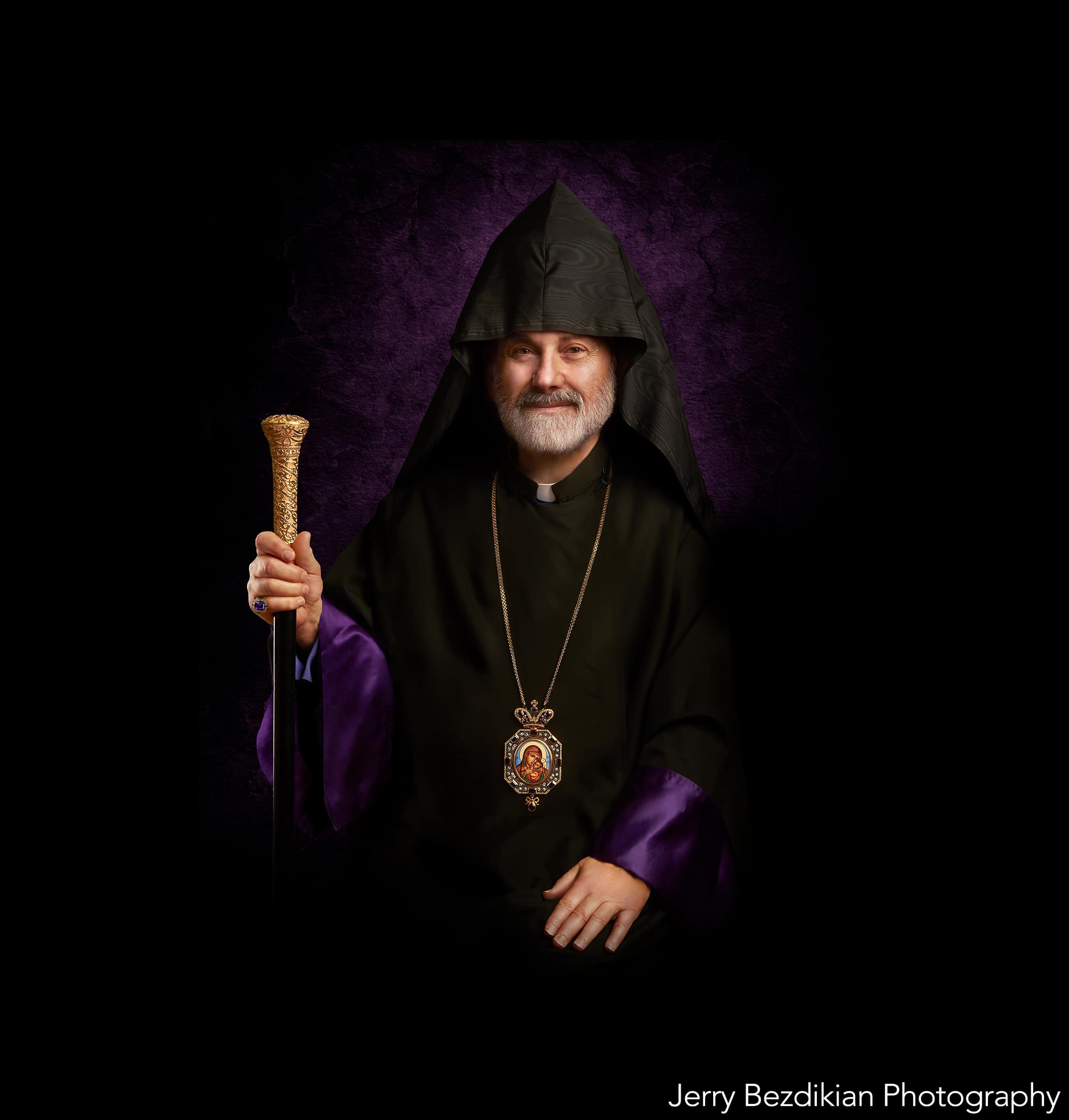THE MYSTERY OF ONENESS

The Prelate’s Sermon September 19, 2021
Today is the second Sunday following the Feast of the Exaltation of the Holy Cross, and is likewise the Sunday which precedes the fasting-week in preparation for the upcoming Feast of the Holy Cross of Varak. The Gospel reading is from Saint Mark 10:1-12. Some Pharisees ask Jesus, “Is it lawful for a man to divorce his wife?” He answers them by asking a question in turn: “What did Moses command you?” Jesus continues: “Because of your hardness of heart He wrote this commandment for you. But from the beginning of Creation, God made them male and female…and the two shall become one flesh. So they are no longer two, but one flesh.”
This is a rare selection of reading where there is no reference at all to a miracle, but rather a discourse about divorce. Within the limit of a sermon, it is not possible to discuss the depth of the subject of divorce, where physiological, emotional, intellectual, spiritual, social, material and other factors are involved. Yet, I would like to share a few thoughts based upon this interesting dialogue.
- The first point is the style of this conversation. The Pharisees were intent upon ensnaring Jesus through legal debate. Obviously, the law was very clear even to the lay people at that time. Their strategy was too weak, for Jesus invites them to answer their own question. Having made clear their maliciousness and superficial justification in referring to Moses, Jesus goes directly to the essence of this critical issue which is common to all generations.
- This reading, very interestingly, is repeated twice a year, first, between the feasts of the Transfiguration and the Assumption of the Holy Virgin Mary (Mt 19:3-12), and second on the Sunday between the Elevation of the Holy Cross and the Cross of Varak. I believe that this repetition was not due to lack of other readings, but rather the very concern of the Church Fathers trying to teach the believers the essential character of marriage as the foundation of the society.
- The statement of our Lord Jesus Christ that “from the beginning of Creation God made them male and female” is the Divine definition of marriage as the union of two sexes. This citation might be interpreted as controversial, yet it is nonetheless arguable even by those who challenge and try to refute this truth. From an objective approach, even from those who champion same sex marriage, the fact of procreation is possible only through the union of male and female.
- “The two shall become one flesh” is the pivotal understanding of the union, denoting not the loss of character or personality or views, but rather the infusion of “I” and “you” into the commonality and communion of “We,” where virtues and values, pains and joys, aspirations and dreams are shared. Where transparency prevails when there is confusion or uncertainty, all the complexes of inferiority and superiority are melted within the spirit of harmony. Going back to the root of duality, Oneness, as designed by the Creator, was to admit and confess our shortcomings, and not in order to justify the Ego-Self, reproaching others, as Adam accused Eve, and Eve accused the serpent. The remedy of all errors is to acknowledge our sins and failures, and then to depend upon Divine Love and Merciful Grace. The more we practice and uphold Love in our marital and all relationships, as Saint Paul so eloquently teaches us in his first letter addressed to the Corinthians (1 Cor 13:4-7), that Oneness will not be only a theory or an illusion, but rather will form the gravity of a healthy, happy and Union, a united family, and ultimately a prosperous society.
With this understanding, let us be thankful to our Lord Jesus Christ for His teachings of the true essentials of life, which lead us to eternal Bliss, praising the All-Holy Trinity. Amen.
